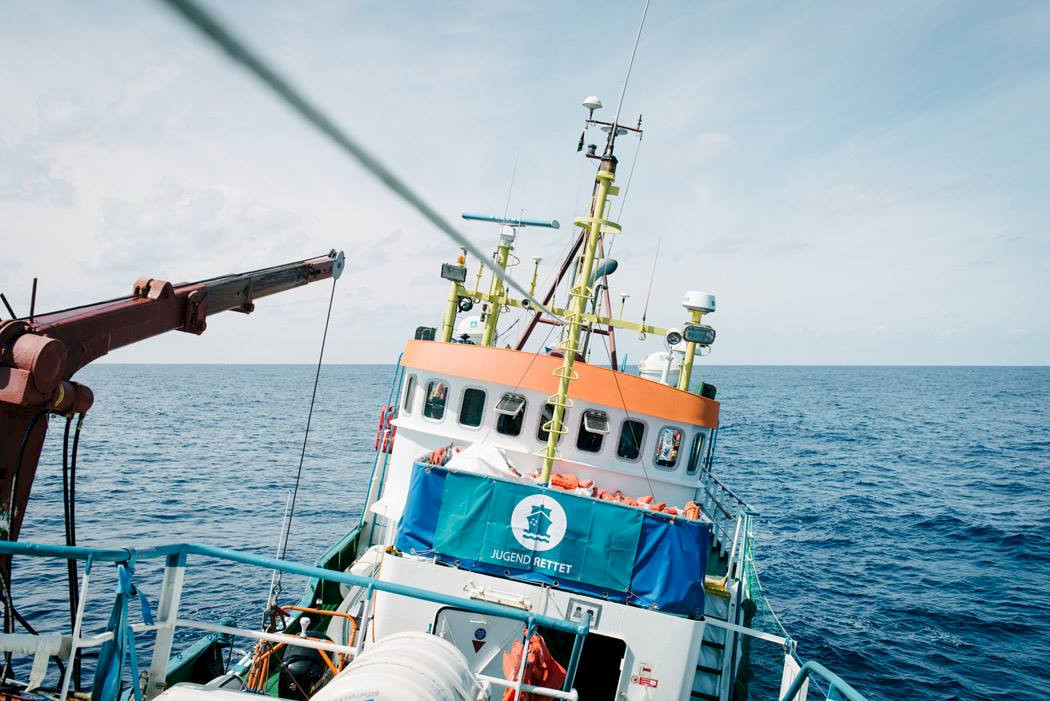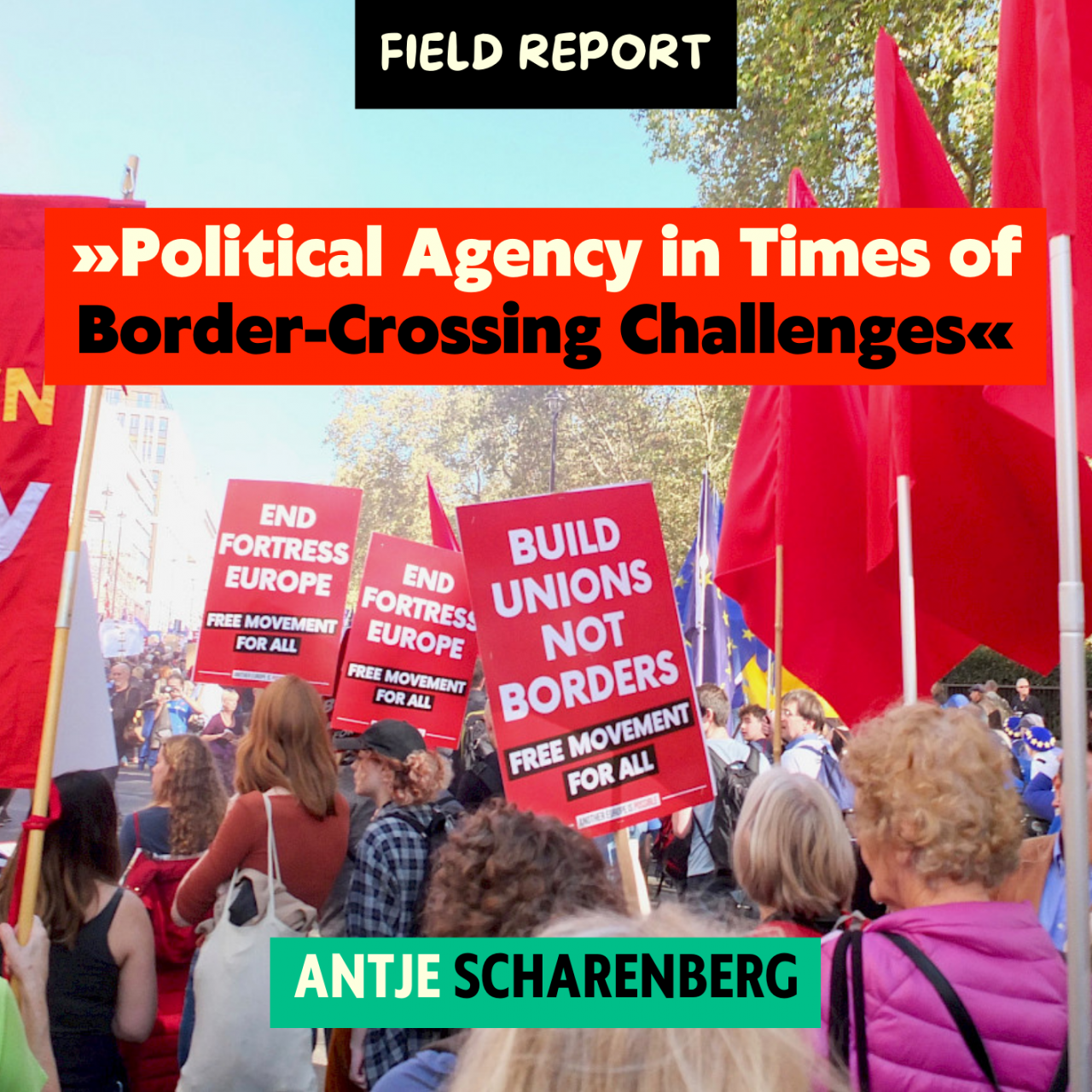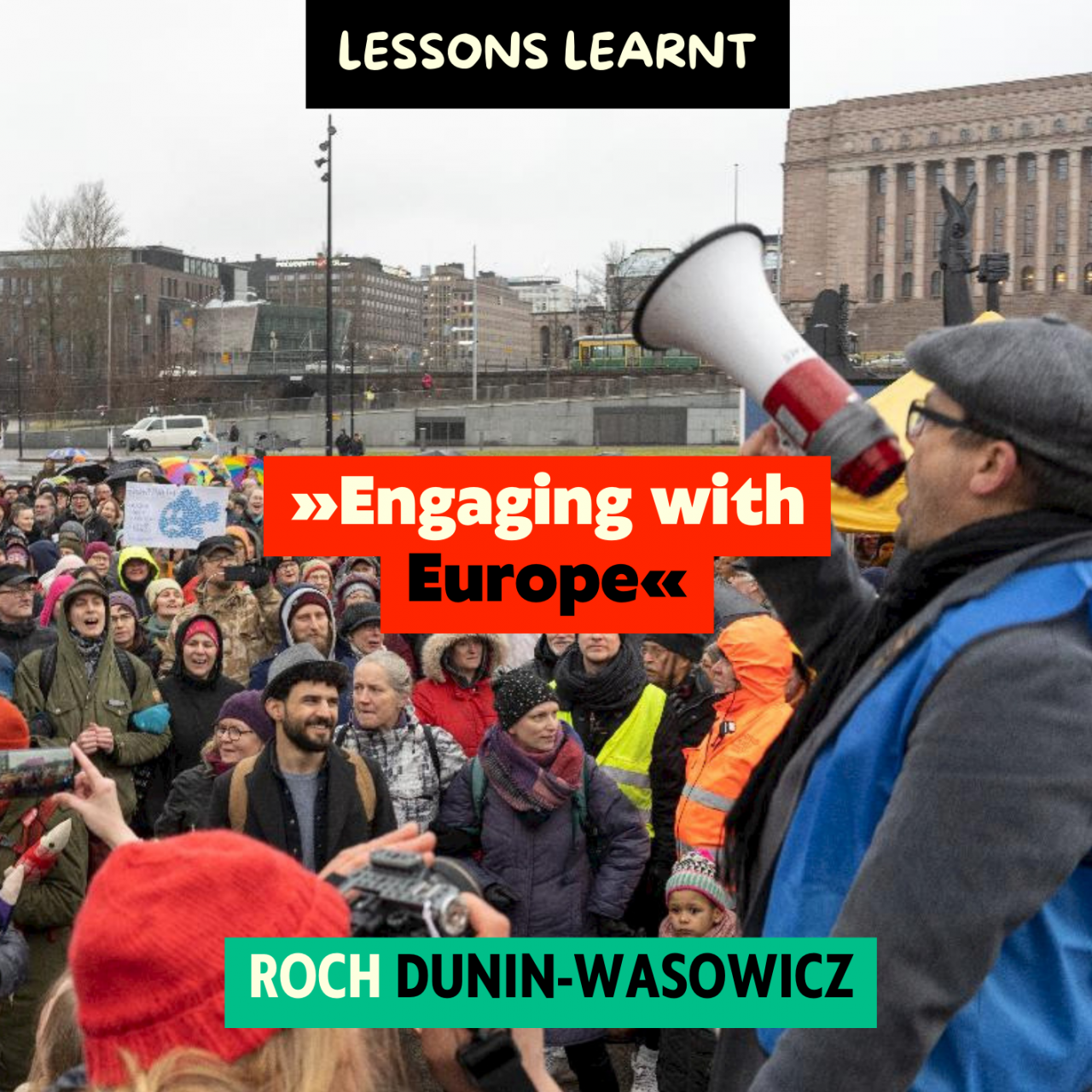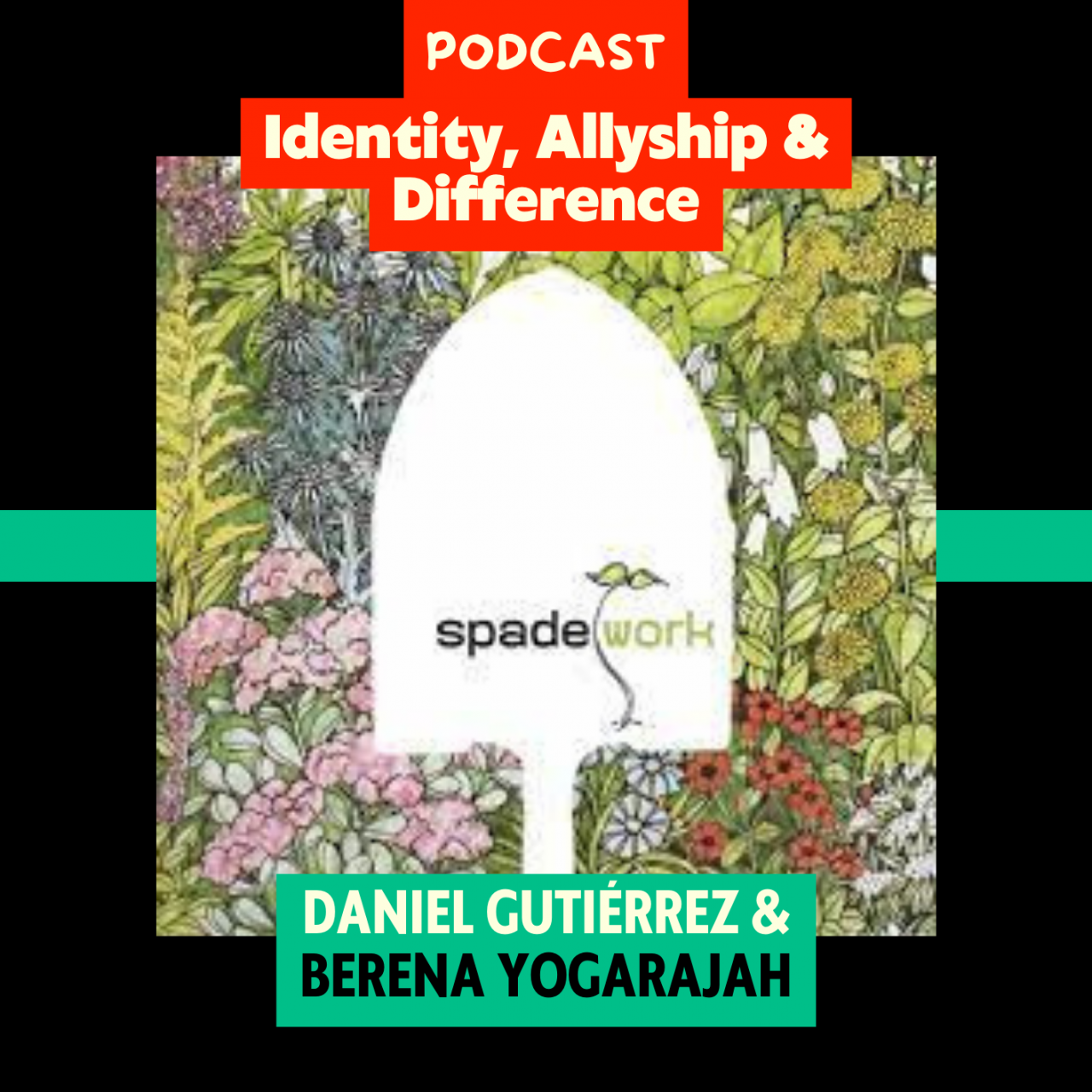
At their core, Search and Rescue NGOs aim to save lives that would otherwise have been lost to the unrelenting cruelness of the European border. In doing so they lift the veil that cloaks European responsibility for the violence at its borders.
The Central Mediterranean Sea as a Critical Battleground of European Border Politics
State actors like Frontex or the European Commission depict deaths and violence at the border as humanitarian emergencies. In his introductory remarks for the launch of Operation Sophia, Commissioner Avramopoulos expressed “deep sorrow and compassion for the passing at sea of the innocent victims” and that “even one more life lost is one too many. So, the situation in the Mediterranean has to change now. We have to take action now. We will take action now”.
This strategy conceals the underlying structural deficiency of EU border design: “emergencies do not last two decades. The political priorities, active policies, and structural negligence that perpetuate them as such do” [1]. For decades the European states have followed a set of policies to intercept, contain and repatriate. One of the most egregious examples of these policies is the funding and equipping of the so-called ‚Libyan Coast Guard‘ (LCG). People are intercepted by the LCG to be returned to camps where thousands disappear, are forced into slavery, or are raped or suffer other gross violations.
European states are limited in their actions at the border by democratic norms and institutions such as legal treaties, a free and critical press, and the will of the electorate. This dynamic creates a need to cloak violent, externalized migration management tactics in secrecy and humanitarian language: “outsourcing migration-management allows liberal governments and institutions to eschew the constraints placed upon them by the very liberal democratic norms they are trying to circumvent” [2].



